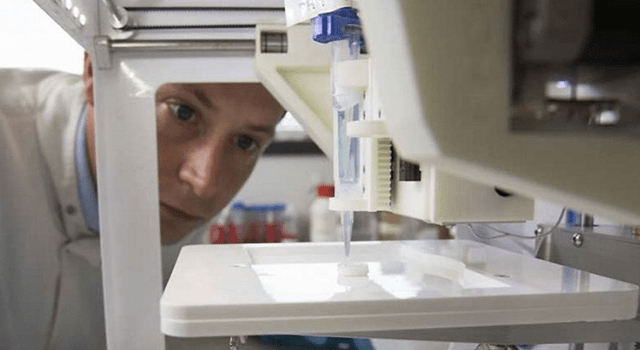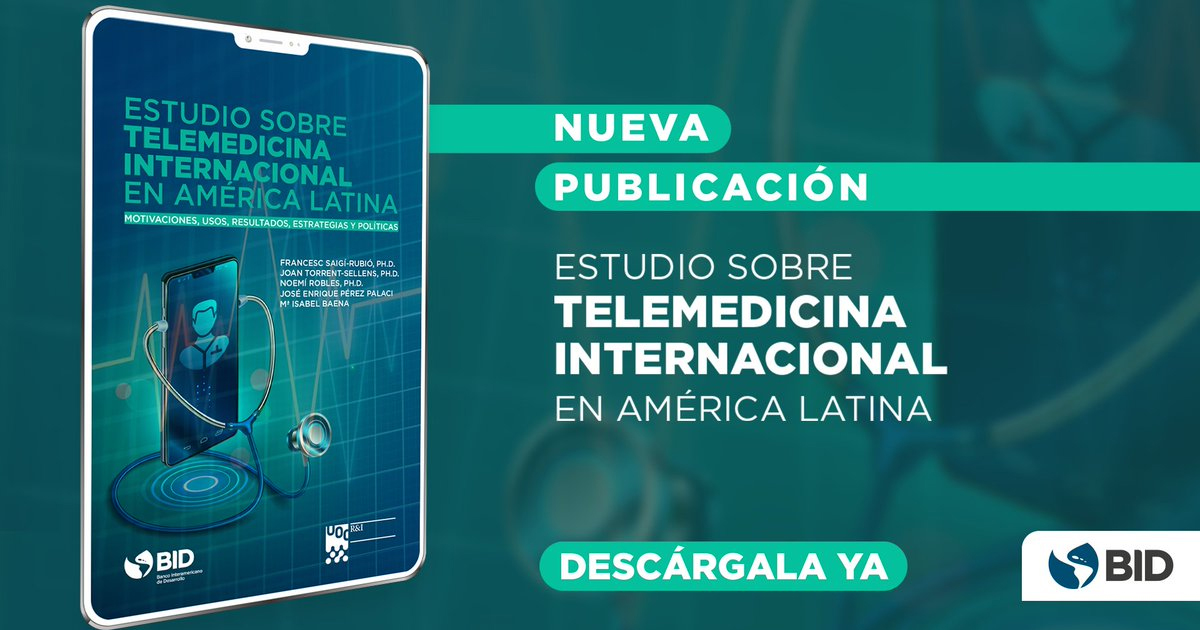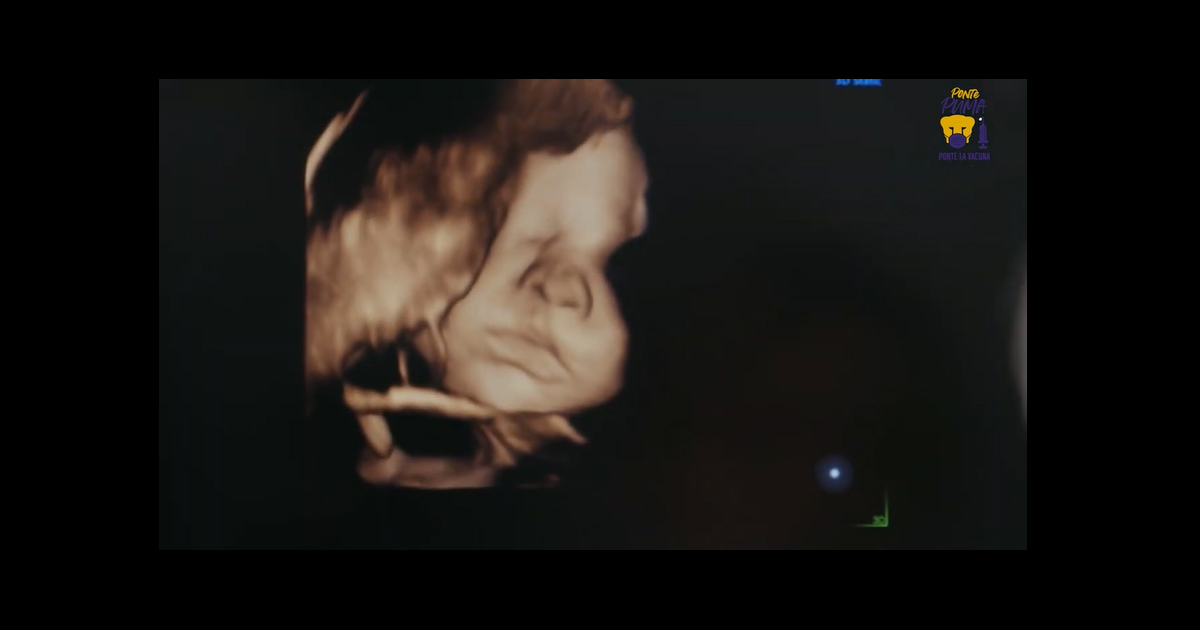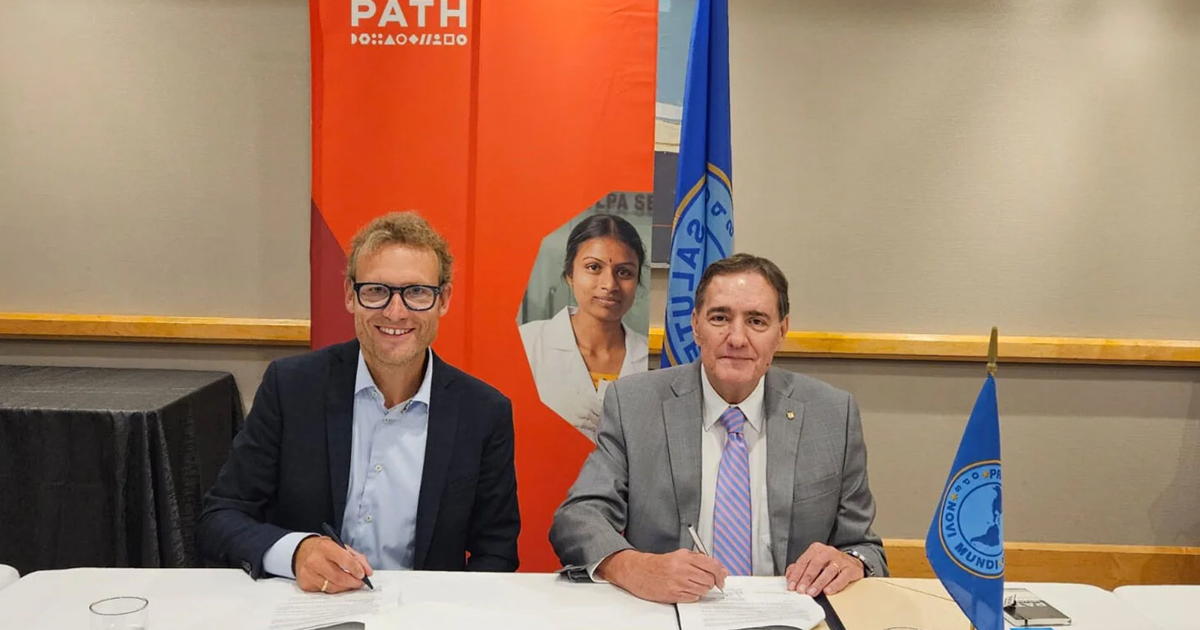Study published in the scientific journal PLOS ONE used data from wearables and cell phones to measure the frailty of patients with cardiovascular disease and provide other treatment alternatives and remote monitoring.
Through physical activity data obtained from mobile devices such as smartphones and wearables, it is possible to monitor patients remotely. The study: "Activity data from wearables as an indicator of functional capacity in patients with cardiovascular disease", conducted an evaluation of the testing capabilities of six-minute walks (6MWT) for possible replacement or supplementation.
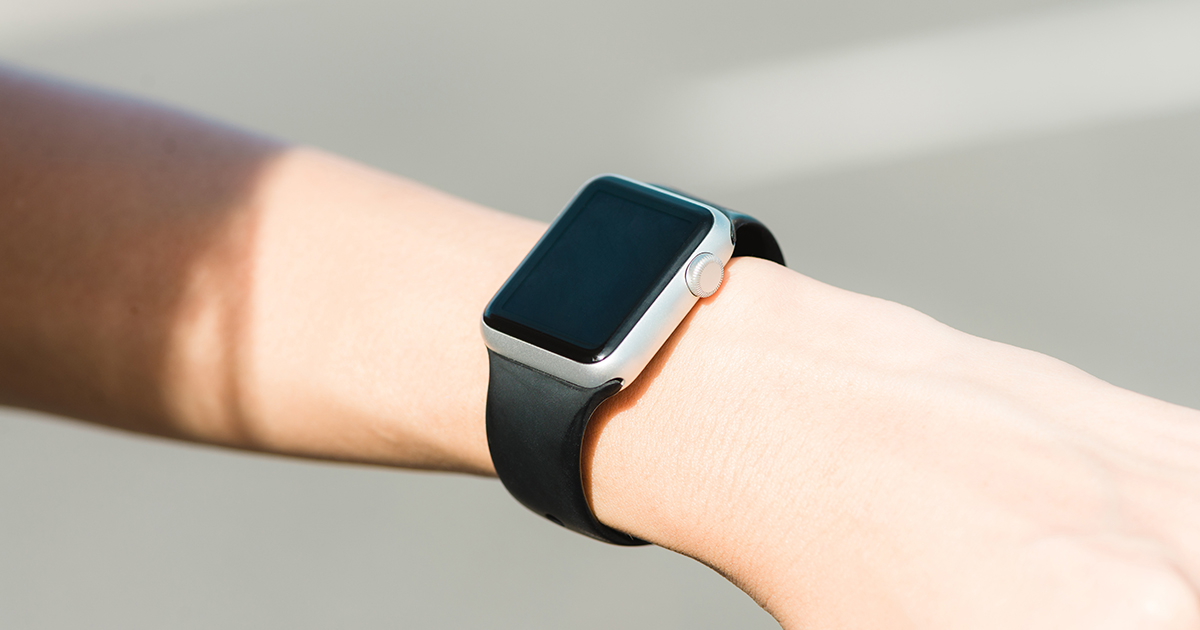
The study included data from 110 participants who were scheduled for vascular or cardiac procedures. The study was conducted by Stanford University and funded by Apple, so the required data were obtained via an iPhone and an Apple Watch, which the company provided to each participant. The devices were pre-loaded with the VascTrac application used for research related to cardiovascular issues.
Participants were followed for six months, who performed 6MTW in a supervised manner during clinic visits, plus participants performed 6MWT each week at home. "The app passively collected activity data such as daily step counts. Logistic regression with forward feature selection was used to assess at-home 6MWT and passive data as predictors for “frailty” as measured by the gold-standard supervised 6MWT. Frailty was defined as walking <300m on an in-clinic 6MWT", the authors explain about their methods.
The results showed that the VascTrac app and devices were able to assess "frailty" with a sensitivity of 90% and a specificity of 85%. This was in the supervised in-clinic setting. As for the 6MWT performed in the participants' homes the results were 83% sensitivity and 60% specificity. “Passive data collected at home were nearly as accurate at predicting frailty on a clinic-based 6MWT as was a home-based 6MWT, with area under curve (AUC) of 0.643 and 0.704, respectively”, the study explains.
As conclusions the authors point out that frailty and functional capacity are activities that can be monitored and assessed remotely in patients with cardiovascular conditions. Mobile technologies offer reliable and safe monitoring: “In this study, we showed that smart device-based measurements, including both a 6MWT and passively collected activity data, provide clinically accurate and meaningful insights about functional capacity in patients with CVD”, the study concludes.
Check the full study at the following link: https://journals.plos.org/plosone/article?id=10.1371/journal.pone.0247834#sec016

